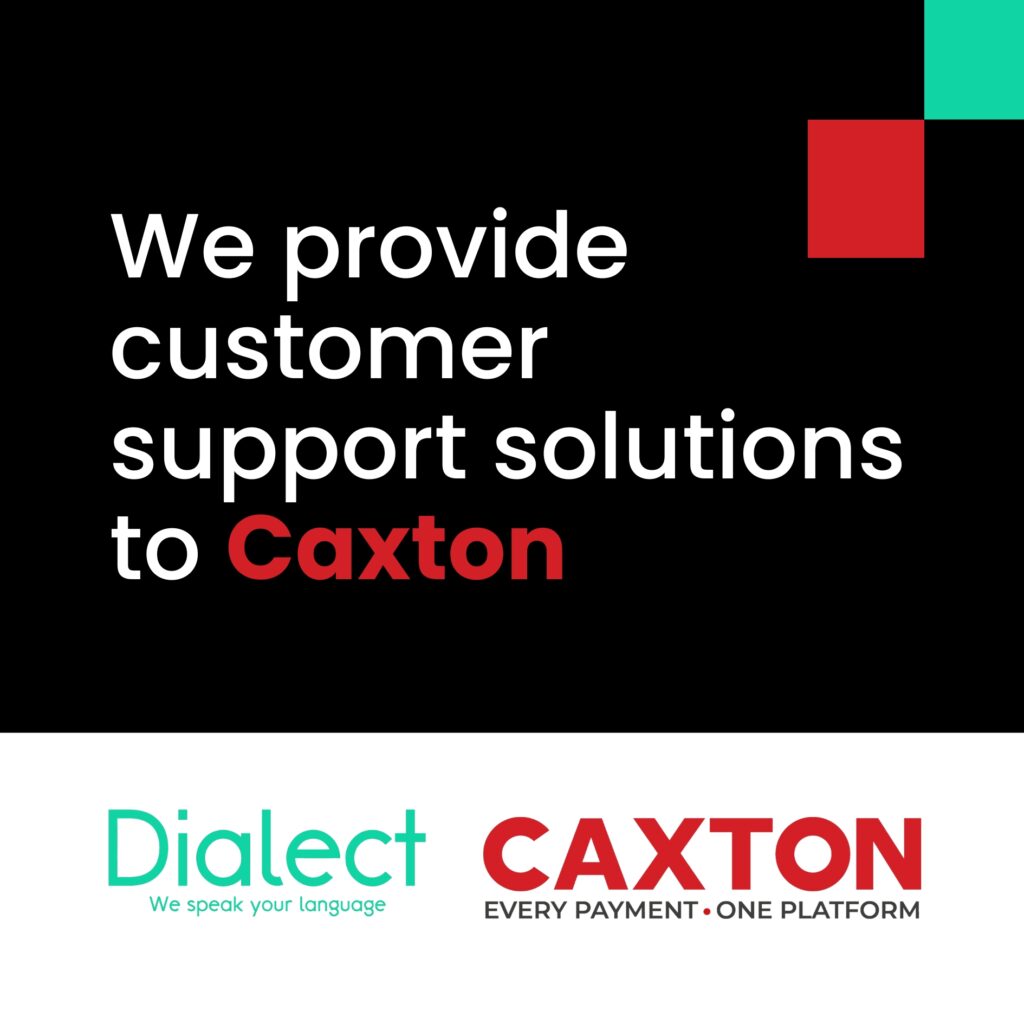
Dialect Communications is thrilled to provide seamless front-line solutions to Caxton
Dialect collaborates with Caxton to provide integrated customer support solutions, enhancing service delivery in the payments sector.

Dialect collaborates with Caxton to provide integrated customer support solutions, enhancing service delivery in the payments sector.
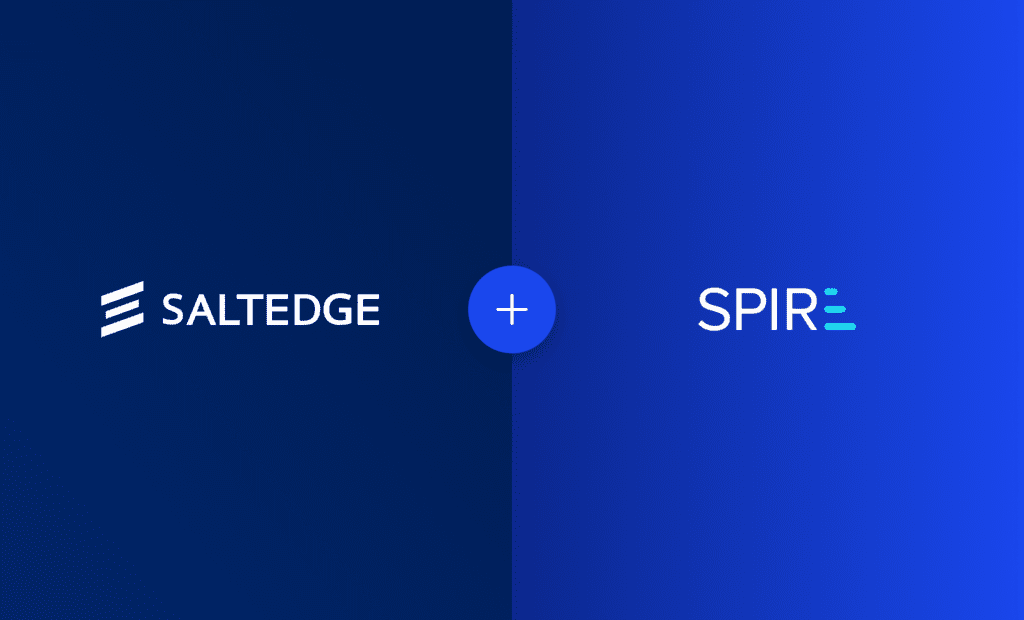
Bahrain mandates corporate APIs in open banking, boosting fintech innovation and SME financial access.
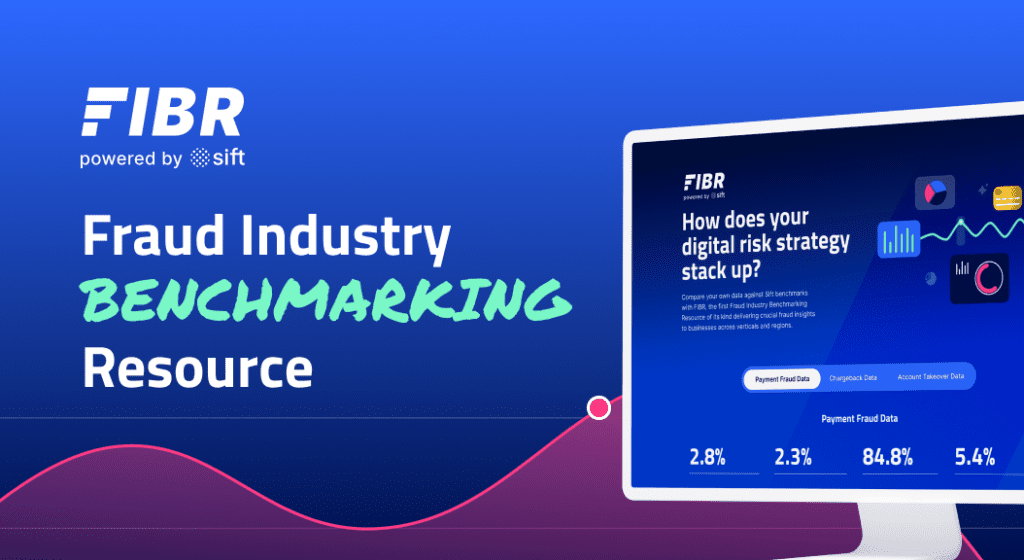
Stay ahead of fraud with FIBR, Sift’s benchmarking tool to compare fraud metrics like ATO and 2FA rates across industries.

Toqio and DSA partner to deliver embedded finance, enhancing liquidity and growth in the dropshipping market.

De-risking endangers financial inclusion, driving MSBs out and boosting unregulated markets, calling for urgent reform.

The Payments Association’s consumer behaviour survey uncovers shifting payment preferences in the UK, with digital methods on the rise while cash remains vital for certain demographics.

Trust Payments has appointed Laurence Booth as CEO, bringing his extensive paytech expertise to lead the company’s next phase of growth.

Paydock and Forter partner to deliver AI-powered fraud prevention, enabling seamless, scalable protection across payment providers and methods.

Paydock and Aevi unite to simplify omnichannel payments, bridging digital and in-store transactions for businesses.

Embedded finance is transforming B2B commerce, driving growth, loyalty, and innovation, making it essential for businesses to stay competitive.

OTP Group used Iliad Solutions’ t3 platform for seamless payment migration, ensuring accuracy and supporting digital transformation.

AI is transforming eCommerce fraud prevention, tackling scams with real-time detection and advanced analysis.

MyGuava Business now enables merchants to accept American Express®, expanding payment options and customer reach.
Launching a card product can boost business success, but simplicity, clear goals, and the right partnerships are key to a seamless rollout.

Fintechs are rapidly reshaping the merchant services sector, challenging traditional banks to innovate or face declining market dominance.

Rising youth involvement in economic crimes highlights the urgent need for robust financial education.

UK businesses must prioritise digital investment to boost financial clarity, agility, and competitiveness in an evolving economic landscape.

Explore how decentralised finance is transforming the payment industry by offering transparency, efficiency, and access, amid regulatory challenges.

Payments firms must streamline technology after acquisitions to boost agility and compete amid disruption.

Fintech drives UK SME growth with tailored solutions, streamlining finances and boosting efficiency.

Web3 is transforming finance with blockchain, digital assets, and smart contracts, paving the way for a decentralised future.

Is your card programme provider meeting your needs today and tomorrow? Join our From Why to Wow – Migration Considerations & Success Factors webinar where

Choosing between building and buying systems is key as financial institutions face escalating financial crime challenges.

Independent UK law firm Burges Salmon has announced the appointment of partner Martin Cook as the new head of the firm’s significant and fast growing
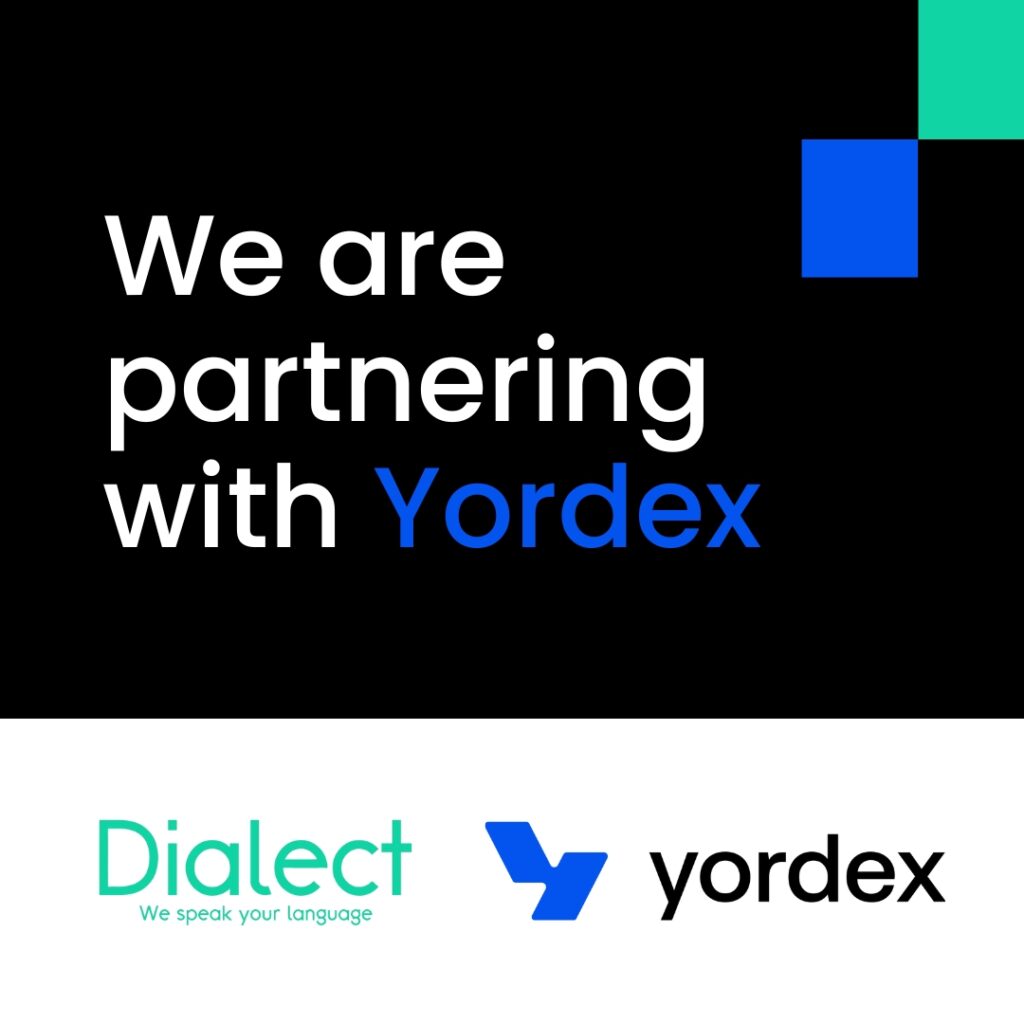
Dialect Communications, an award-winning Business Process Outsourcer (BPO) that provides front and back office solutions in the Payments sector across the globe is thrilled to

Quality Engineering is transforming digital banking, enabling seamless innovation, operational continuity, and future-proofing in a rapidly evolving landscape.

In an era marked by technological advancements and evolving consumer preferences, high-end banks and financial institutions are constantly seeking for innovative ways to cater for the demands of the discerning mass affluent market.

Games aren’t the first association we make when we think of financial services apps(!) but gamification is transforming this. If you aren’t familiar, gamification is

In today’s globalised business environment, managing international payments, taxes, and compliance can be daunting. The Merchant of Record (MoR) model offers a solution, taking on the responsibility of payment processing, tax management, and regulatory compliance, freeing companies to focus on core operations and growth.

Paytently, a leading fintech firm known for its innovative payment orchestration platform, is thrilled to announce the appointment of Paul Marcantonio as General Manager. With over 20 years of experience in regulated payments and the interactive entertainment industry, Paul brings extensive knowledge and expertise that will further strengthen Paytently’s position in the global payments landscape.

Open Banking set out to revolutionize finance by giving third-party providers access to customer data (with consent) to drive innovation and empower consumers. But while Europe’s PSD2 regulation has enabled new fintech services and a vibrant TPP ecosystem, adoption has fallen short of initial expectations. Complex regulations, security concerns, and, most critically, profitability challenges for banks have created hurdles. Discover how a shift in strategy, combined with data enrichment, could help banks embrace Open Banking as a growth opportunity rather than a regulatory burden.

AI transforms payment routing, boosting success, cutting costs, and improving customer experiences in real time.
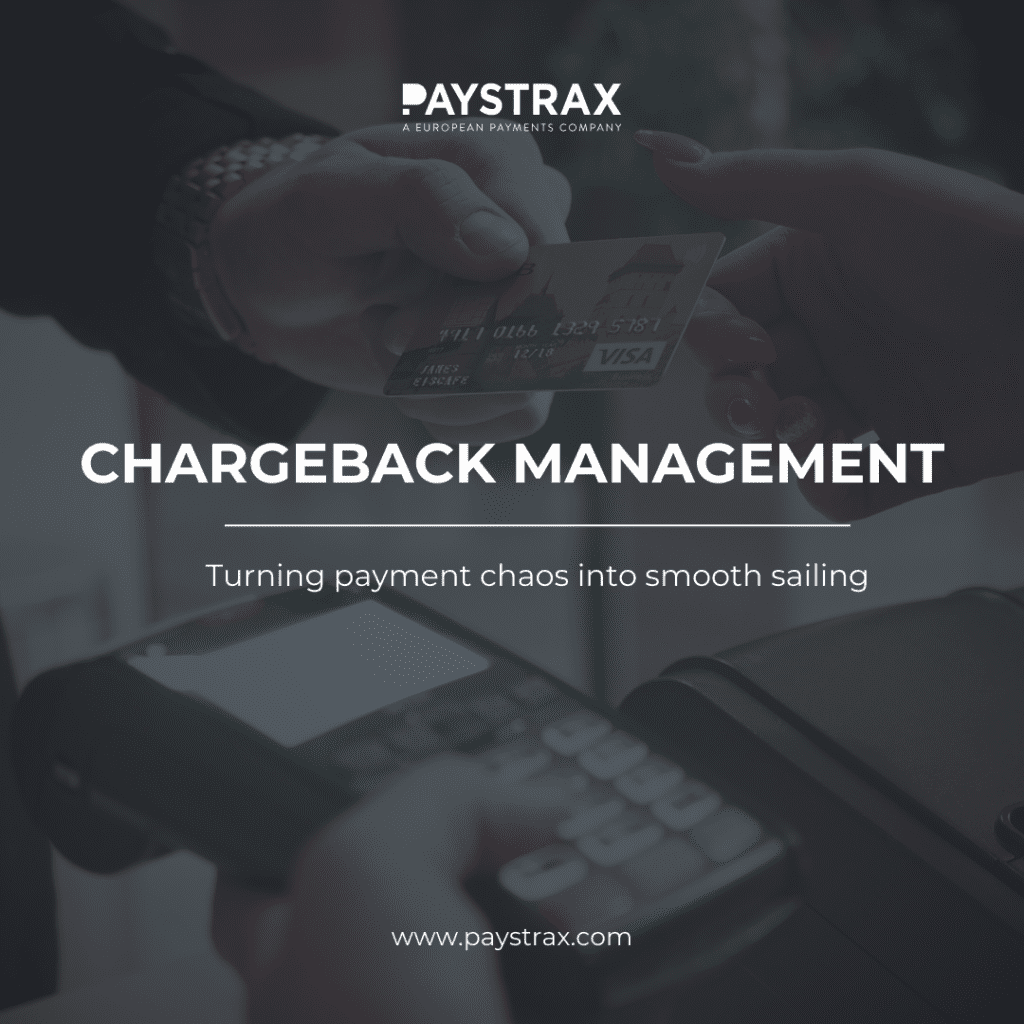
This case study demonstrates how PAYSTRAX successfully leveraged the Dispute Help chargeback management tool to prevent over 98,000 chargebacks—representing 75% of total chargebacks and 83% of all fraud-related chargebacks.

Payment firms must balance innovation with compliance, while regulators support growth and trust.

A flexible, focused marketing plan improves budgeting, targeting, and adaptability, with ongoing analysis ensuring effective growth.
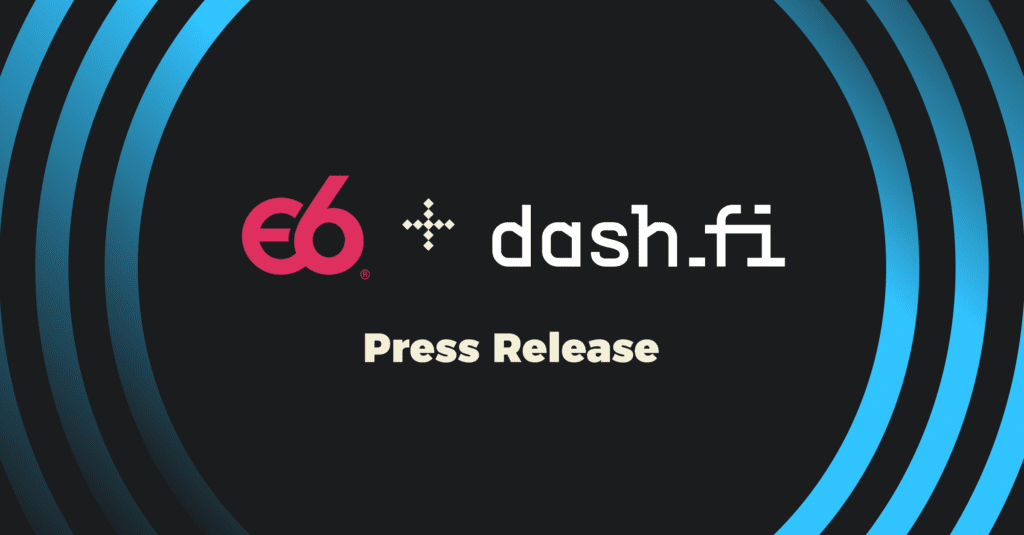
dash.fi, in partnership with Episode Six, launched a net 60 charge card with high limits and 3% cashback, enhancing cash flow for brands with large ad spends.

Personalised, digital-first benefits are boosting employee retention and satisfaction through AI-driven flexibility.

Compliance in payment communications is key to trust; AI solutions and customised frameworks ensure secure, global adherence to regional regulations.

Convera’s “Are You Ready for 2025?” report offers insights on global economic trends and FX risk management for businesses.

Loyalty schemes boost customer retention, and a customer-centric approach helps retailers maximise their benefits.

New fraud data highlights growing threats and the need for stronger defences ahead of regulatory changes.

The Click to Pay mandate allows card issuers to modernise payments, boost customer experience, and ensure secure, interoperable digital transactions.

The Payments Association (TPA)’s George Iddenden recently sat down with Peter Theunis, senior vice president sales and European managing director at BPC to discuss the remarkable transformation of the payments processing industry, driven by the rise of fintech, the shift towards digital payments, and evolving consumer behaviours.
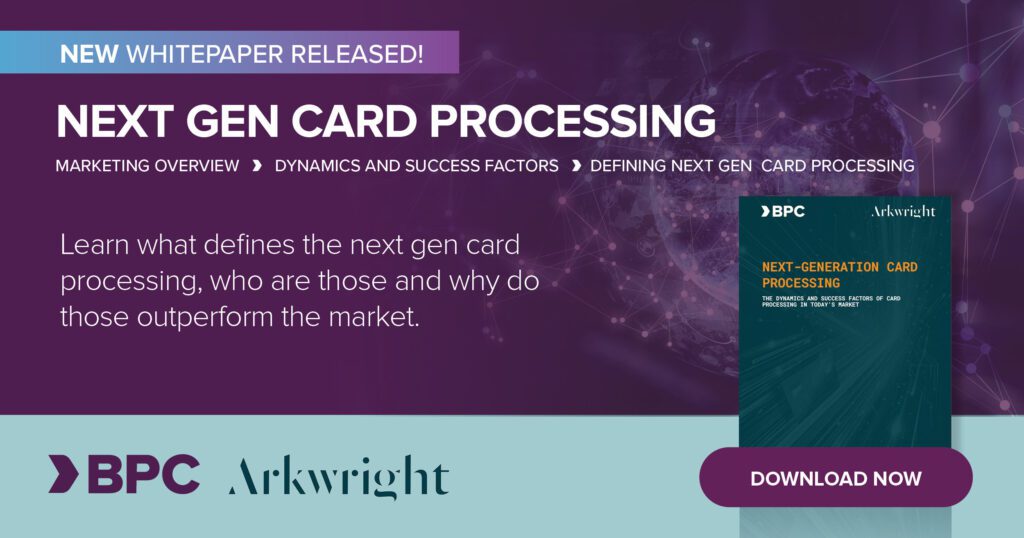
BPC’s report, “Next-Generation Card Processing,” highlights the rapid growth of challenger processors, driven by cloud-native technology and innovation, outpacing incumbents.
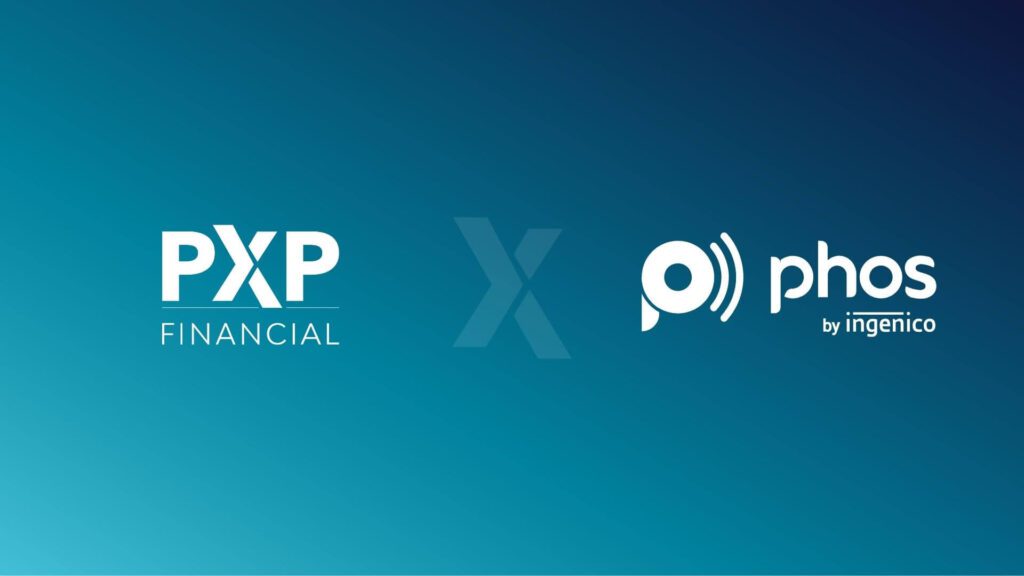
PXP Financial and Phos by Ingenico partner to offer a SoftPoS solution for contactless payments on Android devices without additional hardware.

IATA and Outpayce partner to enable airlines to accept faster, secure account-to-account payments via IATA Pay.

DigiDoe provides an AI-driven solution for cross-border payments, ensuring compliance, fraud prevention, and operational efficiency.

Chargeback abuse costs billions, but merchants can reduce fraud with proactive strategies like customer engagement and better security.
The Payments Association
St Clement’s House
27 Clements Lane
London EC4N 7AE
© Copyright 2024 The Payments Association. All Rights Reserved. The Payments Association is the trading name of Emerging Payments Ventures Limited.
Emerging Ventures Limited t/a The Payments Association; Registered in England and Wales, Company Number 06672728; VAT no. 938829859; Registered office address St. Clement’s House, 27 Clements Lane, London, England, EC4N 7AE.







Log in to access complimentary passes or discounts and access exclusive content as part of your membership. An auto-login link will be sent directly to your email.
We use an auto-login link to ensure optimum security for your members hub. Simply enter your professional work e-mail address into the input area and you’ll receive a link to directly access your account.
Instead of using passwords, we e-mail you a link to log in to the site. This allows us to automatically verify you and apply member benefits based on your e-mail domain name.
Please click the button below which relates to the issue you’re having.
Sometimes our e-mails end up in spam. Make sure to check your spam folder for e-mails from The Payments Association
Most modern e-mail clients now separate e-mails into different tabs. For example, Outlook has an “Other” tab, and Gmail has tabs for different types of e-mails, such as promotional.
For security reasons the link will expire after 60 minutes. Try submitting the login form again and wait a few seconds for the e-mail to arrive.
The link will only work one time – once it’s been clicked, the link won’t log you in again. Instead, you’ll need to go back to the login screen and generate a new link.
Make sure you’re clicking the link on the most recent e-mail that’s been sent to you. We recommend deleting the e-mail once you’ve clicked the link.
Some security systems will automatically click on links in e-mails to check for phishing, malware, viruses and other malicious threats. If these have been clicked, it won’t work when you try to click on the link.
For security reasons, e-mail address changes can only be complete by your Member Engagement Manager. Please contact the team directly for further help.